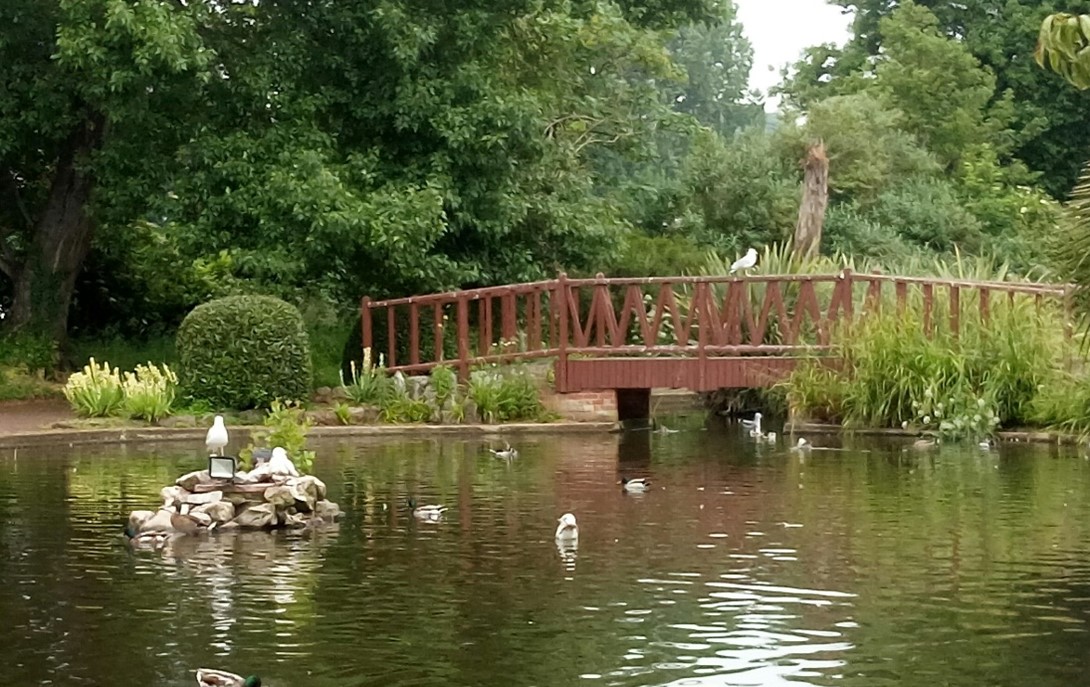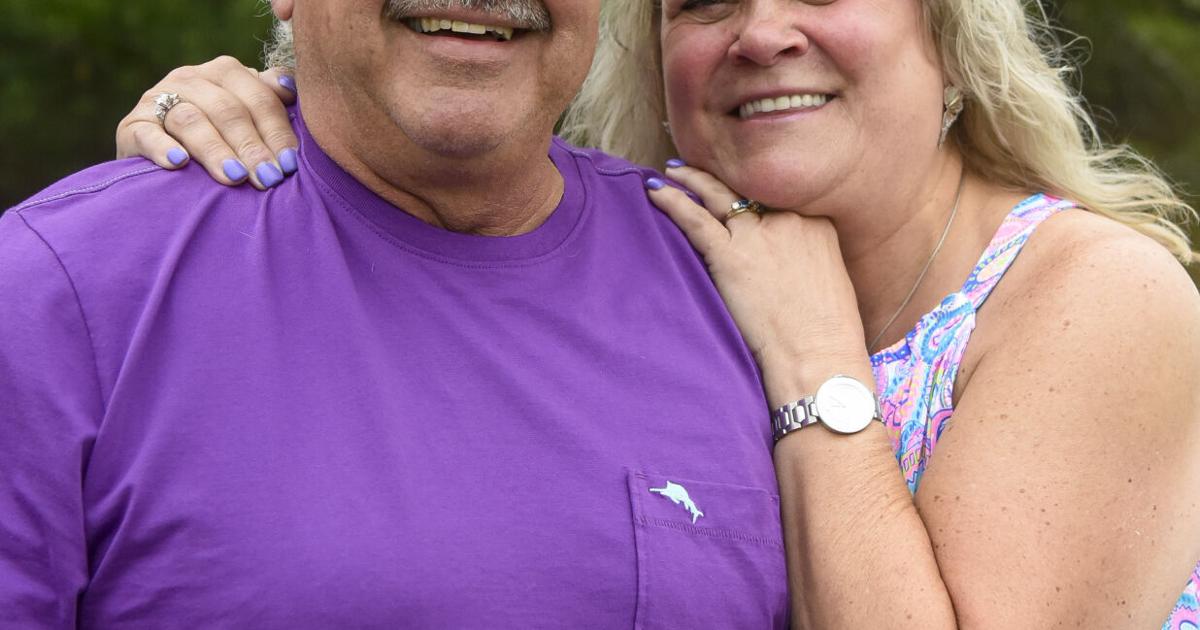When size does matter – the art of buying a stud bull

Anthony Phelps/STUFF
The annual bull sale at Leefield Station in the Waihopai Valley, Marlborough saw 16 cattle sold.
Beauty is in the eye of the beholder when it comes to buying a bull, says angus cow specialist Greg Crombie when asked what made the perfect stud.
“We could all pick something different, so really you’ve got like the look of the bull.”
But there are things to look out for. The structural soundness of the bull is important, and that all is correct in the feet and legs, Crombie said.
And there is one area where size matters – the scrotum.
“To make sure they’re big enough to have enough seamen to be able to get cows in calf.”
READ MORE:
* Bulls take a back seat at the stressless charolais stud sale
* Vineyard techniques help save fruit in sodden Marlborough grape harvest
* Bulls in demand as hundreds check them out before sales
Crombie, farm manager at Marlborough’s Leefield Station was speaking as he oversaw the second annual Blenheim Combined Bull Sale in Waihopai Valley on Monday, when hill farmers from up and down the land gathered to find themselves the perfect addition to their high country herds.
The bulls that were sold at auction would be put to good use on other farms, Crombie said.
Supplied
Cattle wearing special collars approach a virtual fence until an audio warning makes them veer away.
“They’re used on other commercial farms for breeding bulls, so they’ll put them across [mate with] their own cows.
“Having really good [lineage] cows is really, really important,” he said.
Crombie, who has been involved in the breeding of angus cattle and stud bulls in New Zealand for more than 30 years said the bulls at Leefield Station had been bred to withstand the harsh conditions up in the high country where they will spend the next three to four years of their “working” life.
Anthony Phelps/STUFF/Marlborough Express
Greg Crombie, Leefield Station farm manager said some bulls can produce up to 500 valuable offspring.
“For us, what makes a good bull is one that can live on the hills and handle the hills. When they’re sold from here they go somewhere else – we call it ‘shifting’ – and doing really well on someone else’s place.
“So that’s what we’re really focused on; we’re all hill country here, so we’re selling bulls up to high country places, harder farms,” he said.
Crombie said the 17 bulls put up for auction on Monday were all around 18-months-old, of which 16 were sold for an average of between $6500 and $7000, with the highest sale on the day going for $13,500.
The Waihopai Valley station has around 1000 hectares of hill country and runs commercial cow and sheep farming operations as well as breeding stud bulls and stud Hampshire rams, while a further 500 hectares was set out in vineyards.
Anthony Phelps/STUFF
The average price paid for a bull at Monday’s auction was around $7000, while the most expensive went for $13,500.
Liam Somerville, the station’s shepherd general, said the sale also gave the farmers a rare chance to socialise, given that many of the high country farms were quite remote.
“The bull walk happened about a month ago and people can come and have look at the bulls, and often there are a few people sitting round have a beer after that.
“It’s a good time to have a catch-up, a lot of people wouldn’t have seen each other for a year or a couple of years, so they’ll bump into each other and have a catch-up,” he said.
Crombie said it was early days, but their new venture into stud bull farming at the station looked promising.
“It’s been pretty good, we’re reasonably happy with how the sale went. It’s only our second sale here, so we’re really just starting out, but it’s creating some attention and people are buying some really good quality bulls for a reasonable price which is what the commercial guys are after,” he said.




















Leave a Reply